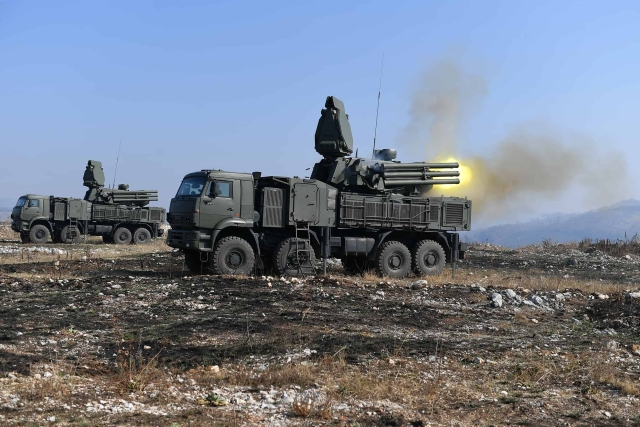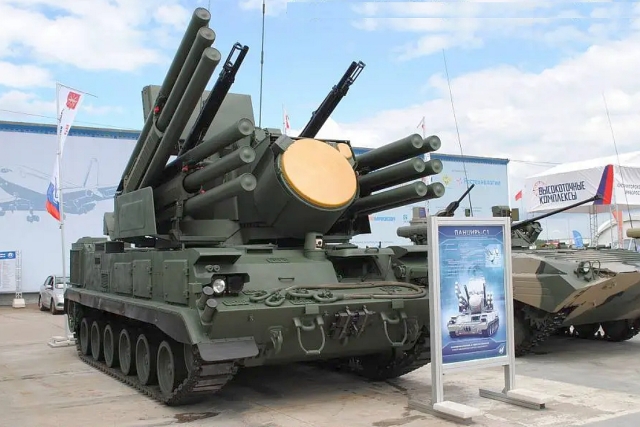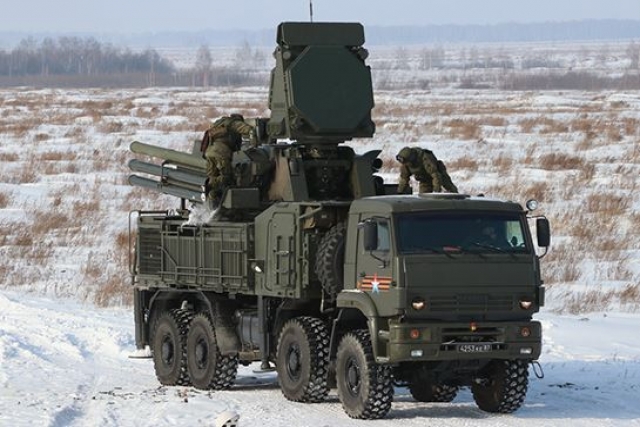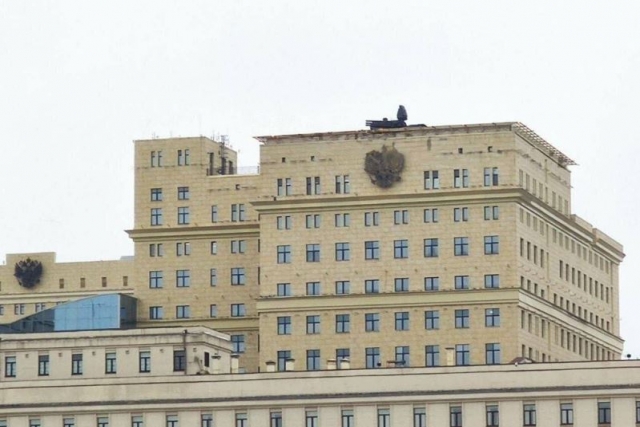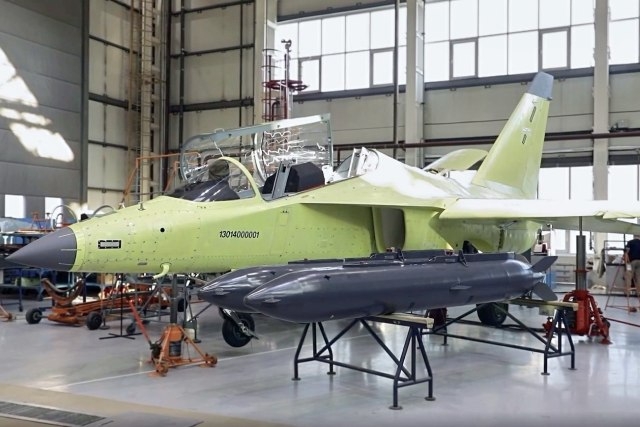Russian Pantsir-S1M to Carry 48 'Mini Missiles' to hit Drones
Destruction of Pantsirs in previous conflicts due to missile shortages addressed by the introduction of a new 48-missile system designed for close drone attacks: Russian source
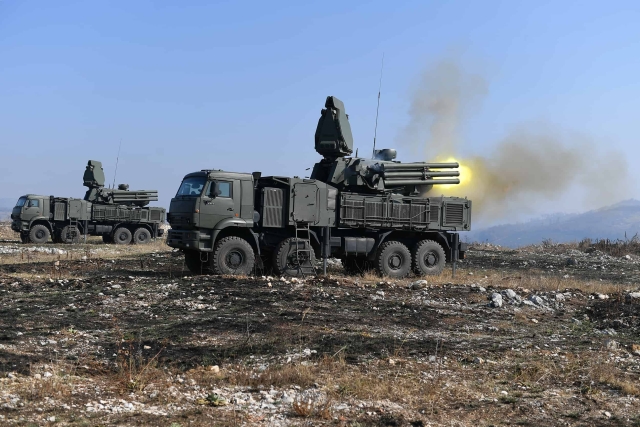
Russia is upgrading the Pantsir-S1M air defense system with 48 mini missiles, a notable increase from the current 12, to counter the rising threat of drones.
Ongoing trials for this modified system are expected to conclude within the current year.
During the World Defense Show in Saudi Arabia on February 6, 2024, High Precision Complexes Holding conveyed to government-owned TASS that the trials for a compact counter-UAV missile designed for the Pantsyr-S1M air defense missile gun would be finalized in 2024. "A small-size missile was designed to increase the productivity of the complex against new threats of massive drone engagement. Trials are ongoing and will be completed this year," a representative of its manufacturer, High Precision Complexes Holding was quoted as saying by TASS.
The missile's specific purpose is to bolster the system's efficacy against the evolving menace of extensive drone engagements.
The Pantsyr-S1, an evolved iteration of the Tunguska, establishes a new subclass of air defense systems by integrating detection, guidance, and launcher functions on a single vehicle, housing a substantial-caliber gun. This self-propelled ground air defense missile launcher, armed with two 30mm guns and 12 missiles, is designed to safeguard military and civilian facilities from diverse air threats.
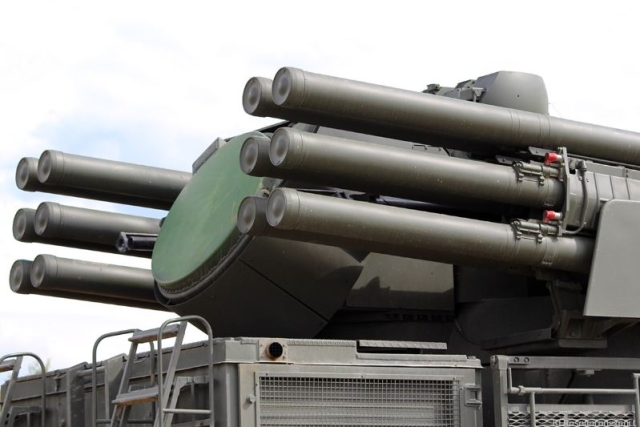
Details of the new launcher are sketchy; it is not known if there will be more launcher tubes or if the mini missiles will be loaded into existing tubes. A source familiar with the development told Defensemirror.com, "The cases of Pantsirs being destroyed by drones in earlier conflicts (Libya and Ukraine) could be due to the system running out of missiles. With the new 48 missile system, designed for close attack against drones, that will be a thing of the past."
The evolving landscape of drone warfare has prompted this strategic adaptation, as highlighted in a 2020 Russian report emphasizing the inadequacy of existing air defense systems against UAVs. Notably, more than 20 Pantsir systems were reported lost by Russia in the Russo-Ukrainian War, with an additional 10 lost in the Libyan conflict from late 2019 to mid-2022.
TASS had reported in 2011 regarding the existence of a new missile for the Pantsir-S1M.
This new missile purportedly extends the system's striking range from 20 km to 30 km, operational altitude from 15 km to 18 km, and destruction area threefold. It is not known if the "hypersonic" missile is the same as the mini missile or if the two are different developments.
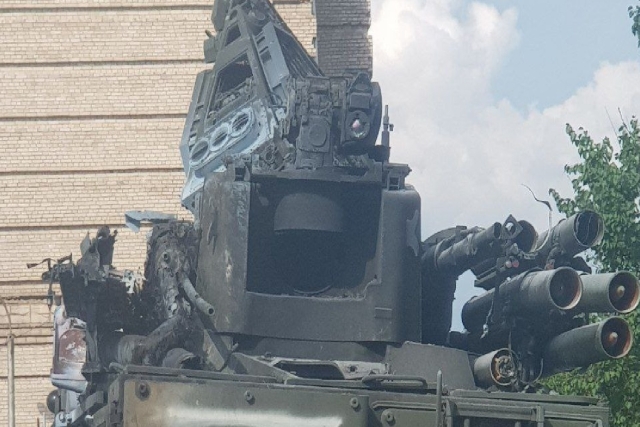
In 2021, a senior Russian official affirmed the Pantsir-S1M's capability to combat various unmanned aerial vehicles (UAVs), including strike drones, positioning it as a foundational component for constructing an effective modular air defense network. “The Pantsyr-S1M can be used as the basis for building an effective modular air defense network capable of shielding any military units from small-size and strike drones,” Deputy CEO of the High Precision Weapons Company (part of Rostec) Sergei Mikhailov told TASS at the EDEX 2021 show in Cairo.
The system aligns with contemporary anti-access/area denial (A2/AD) principles, fortifying military units against small-size and strike drones, precision weapons, as well as military aviation such as aircraft and helicopters.
The contemporary challenge of countering drones necessitates a multifaceted approach. The Russian industry currently produces both 'soft-kill' electronic countermeasures and 'hard-kill' physical destruction capabilities.
